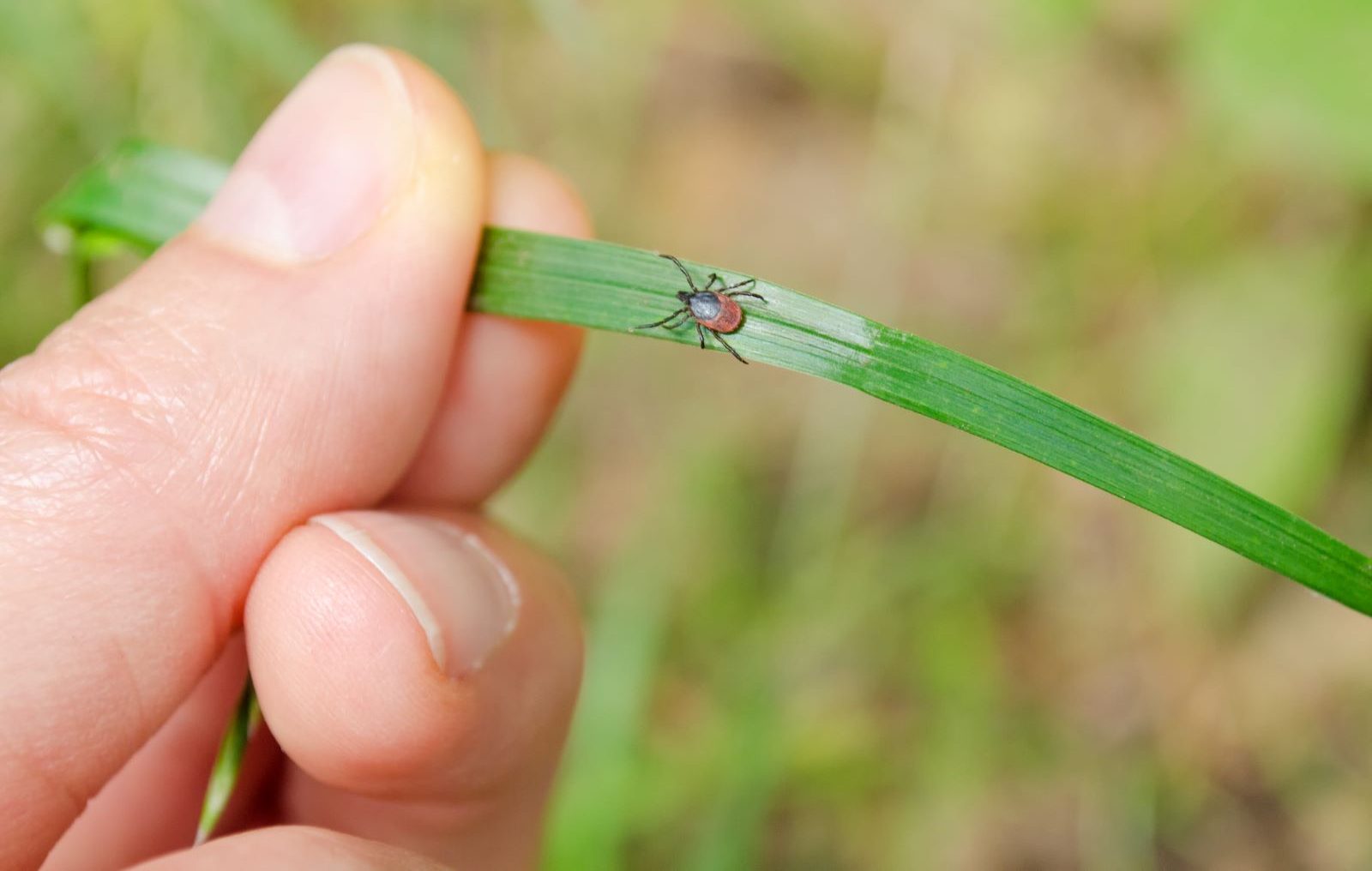A potentially fatal tick-borne disease has been identified for the first time this year in Connecticut.
The Department of Public Health announced today, May 4, that a Windham man between the ages of 50-59 became ill in the first week of March, and lab tests confirmed he had Powassan virus (POWV), which is usually spread by blacklegged or deer ticks. The patient was hospitalized with a central nervous system disease and has since returned home.
A Maine man died of POWV last month. Of the 12 cases in Connecticut since 2017, two were fatal.
“The identification of a Connecticut resident with Powassan virus associated illness emphasizes the need to take actions to prevent tick bites from now through the late fall,” said DPH Commissioner Manisha Juthani, MD. “Using insect repellent, avoiding areas where ticks are likely, and checking carefully for ticks after being outside can reduce the chance of you or your children being infected with this virus.”
Most people with POWV don’t experience symptoms or they are mild, but some may develop severe illness affecting the central nervous system with symptoms such as fever, vomiting, headache, weakness, difficulty speaking or seizures.
Health officials are urging people to take standard precautions that they would for Lyme disease or other tick-related illnesses.
William Horgan, MD, MBA, Medical Director of Quality and Safety at Backus and Windham hospitals, said checking yourself and your pets for ticks each time you come inside from the outdoors is the most important way to prevent tick-borne illnesses.
He added that now is the time to pay attention because there are three times of year when ticks are most prevalent — late April and early May is when adult, black legged ticks emerge; juvenile ticks become active in late June and early July; and adults again in late October and early November.
Ulysses Wu, MD, Hartford HealthCare’s Chief Epidemiologist and Medical Director of Infectious Disease, said there is no treatment for POWV, but people shouldn’t panic. Dr. Wu said people should take the same precautions they would for Lyme disease, including wearing long pants and long sleeve shirts, using repellant and checking for ticks regularly on yourself and your pets.
For more information on preventing tick bites, click here.




